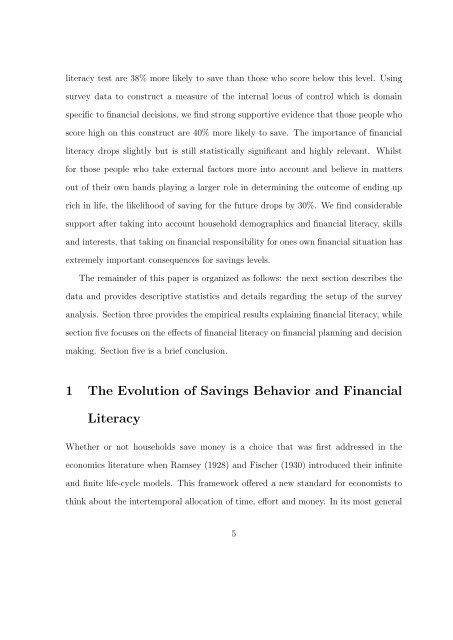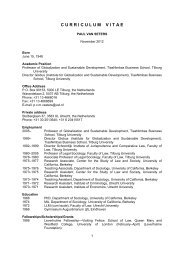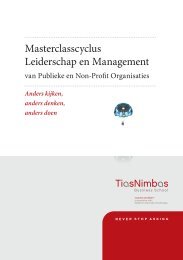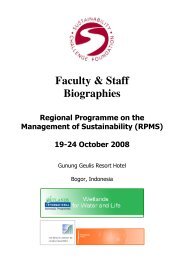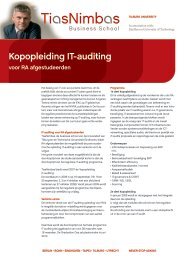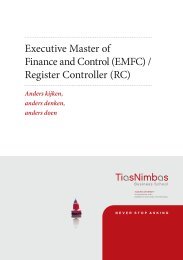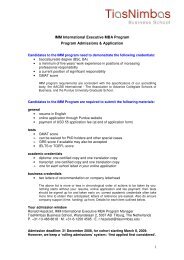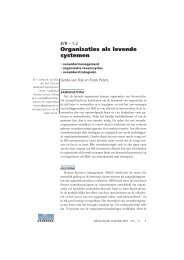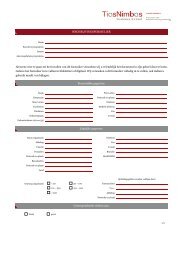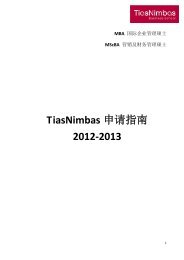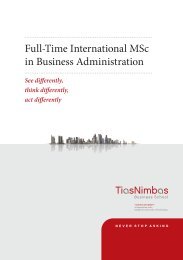Financial Responsibility, Personality Traits and Financial Decision ...
Financial Responsibility, Personality Traits and Financial Decision ...
Financial Responsibility, Personality Traits and Financial Decision ...
You also want an ePaper? Increase the reach of your titles
YUMPU automatically turns print PDFs into web optimized ePapers that Google loves.
literacy test are 38% more likely to save than those who score below this level. Using<br />
survey data to construct a measure of the internal locus of control which is domain<br />
specific to financial decisions, we find strong supportive evidence that those people who<br />
score high on this construct are 40% more likely to save. The importance of financial<br />
literacy drops slightly but is still statistically significant <strong>and</strong> highly relevant. Whilst<br />
for those people who take external factors more into account <strong>and</strong> believe in matters<br />
out of their own h<strong>and</strong>s playing a larger role in determining the outcome of ending up<br />
rich in life, the likelihood of saving for the future drops by 30%. We find considerable<br />
support after taking into account household demographics <strong>and</strong> financial literacy, skills<br />
<strong>and</strong> interests, that taking on financial responsibility for ones own financial situation has<br />
extremely important consequences for savings levels.<br />
The remainder of this paper is organized as follows: the next section describes the<br />
data <strong>and</strong> provides descriptive statistics <strong>and</strong> details regarding the setup of the survey<br />
analysis. Section three provides the empirical results explaining financial literacy, while<br />
section five focuses on the effects of financial literacy on financial planning <strong>and</strong> decision<br />
making. Section five is a brief conclusion.<br />
1 The Evolution of Savings Behavior <strong>and</strong> <strong>Financial</strong><br />
Literacy<br />
Whether or not households save money is a choice that was first addressed in the<br />
economics literature when Ramsey (1928) <strong>and</strong> Fischer (1930) introduced their infinite<br />
<strong>and</strong> finite life-cycle models. This framework offered a new st<strong>and</strong>ard for economists to<br />
think about the intertemporal allocation of time, effort <strong>and</strong> money. In its most general<br />
5


